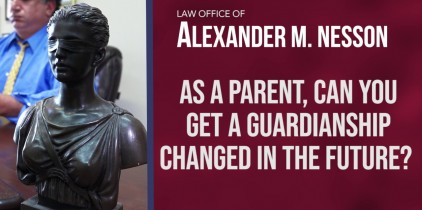The amount of restitution ordered by the court must be based on evidence presented to the court or on a stipulation by the parties. The judge must determine (1) the amount of actual economic loss proved, (2) the appropriate length of the probation period, and (3) the defendant’s maximum monthly ability to pay.
On the other hand, sometimes the victims do not get back to the Commonwealth, the restitution is still uncertain or there is a dispute about the restitution. There can be a hearing where the victim and yourself would need to appear and there can be an argument about what that restitution can be.
Sometimes there are things particularly with automobile accidents or homeowners’ insurance where something shown that it has been paid for already and whatever damages have already been fully paid; other times it is not or it has only been partially paid and whether or not there would be a gap or dispute. Occasionally, there is a dispute about what the correlation between the amount that the victim allegedly wants and what the damages are or the amount that should be paid.
There can be restitution hearings if there is not an agreement to be made, there would be a hearing in front of the judge and the judge would make a determination about what restitution, if any, should be ordered.







